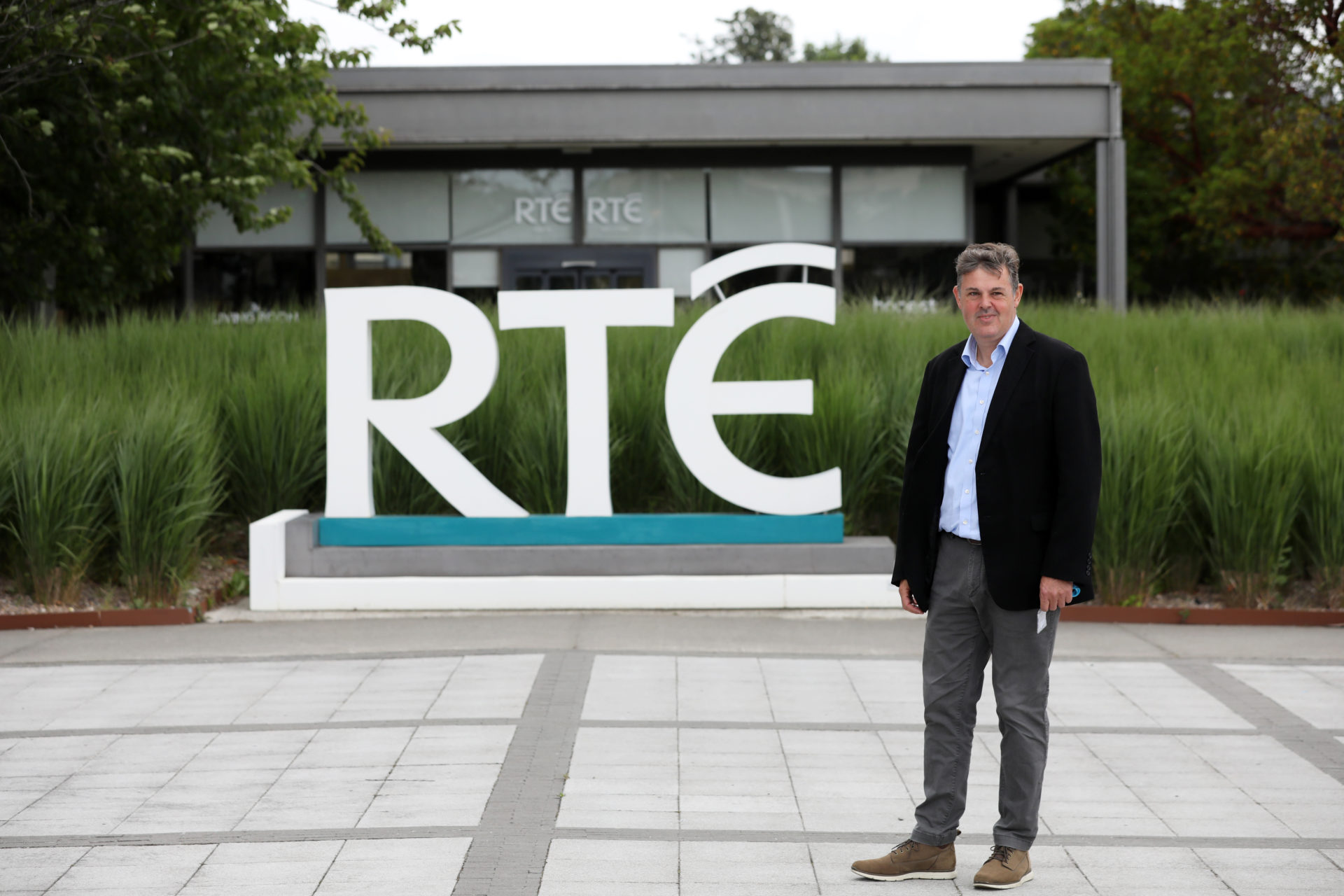Replacing the TV licence with a smartphone levy would be a “fairer” way of funding public service broadcasting.
That’s according to an associate professor of politics who feels the current model is failing.
Since it was revealed RTÉ made a number of hidden payments to former Late Late Show presenter Ryan Tubridy, the number of people renewing their licence fee has plummeted.
The broadcaster was previously in talks with the Government about reforming the licence fee and Professor Eoin O’Malley feels any change must be radical.
“Its main problem is that fewer and fewer people are paying it,” he told Newstalk Breakfast.
“Assuming we want to fund RTÉ - and obviously a lot of listeners are probably wondering whether that’s necessary or not - but assuming that we do, how are you going to raise… money to fund public service broadcasting?
“The TV licence is an incredibly expensive way to do it because it does actually involve someone knocking on your door sometimes if you’ve forgotten to pay it.”
 RTÉ Director-General Kevin Bakhurst. Picture by: Image: Sasko Lazarov/RollingNews
RTÉ Director-General Kevin Bakhurst. Picture by: Image: Sasko Lazarov/RollingNewsWhere once an entire household might have gathered around the television every evening to watch the news, a match or the latest drama, nowadays people are increasingly likely to watch something on their phone or laptop.
Professor O’Malley thinks it therefore makes more sense to charge people individually, rather than by household.
“It would be fairer in the sense that if there are five or six people in a household consuming [media], why should a house with just one person pay the same amount as a house with six people in it?” he said.
“That might seem at least a little fairer; a lot of the reason I suggest a smartphone levy is because that’s how we consume it.
“It’s also really easy and quick and cheap to collect.
“The Government just tells companies that you add three or four euros onto your bills per month or you take three or four euros away from your pay as you go credit per month.”
 Young couple using phone sitting on sofa together at home (insta_photos / Alamy Stock Photo)
Young couple using phone sitting on sofa together at home (insta_photos / Alamy Stock Photo)Professor O’Malley believes that instead of the vast majority of licence fee money going to RTÉ, a public sector broadcasting fund could be established and journalists from all outlets could bid for contracts.
“I would think that a way of weaning off RTÉ and making it more efficient is by introducing competition for that funding so that RTÉ isn’t automatically given 93% of the licence fee,” he said.
“Instead, it has to compete with for a certain amount - increase the 7% that’s open to competition now, increase that to 20% and 30% and eventually RTÉ stands on its own and it kind of lives or dies by whether it is able to produce things.”
Last week, Media Minister Catherine Martin said there could be no talk of reform to the licence fee until the Government felt it could trust RTÉ again.
Main image: Split of a TV remote and a phone.









